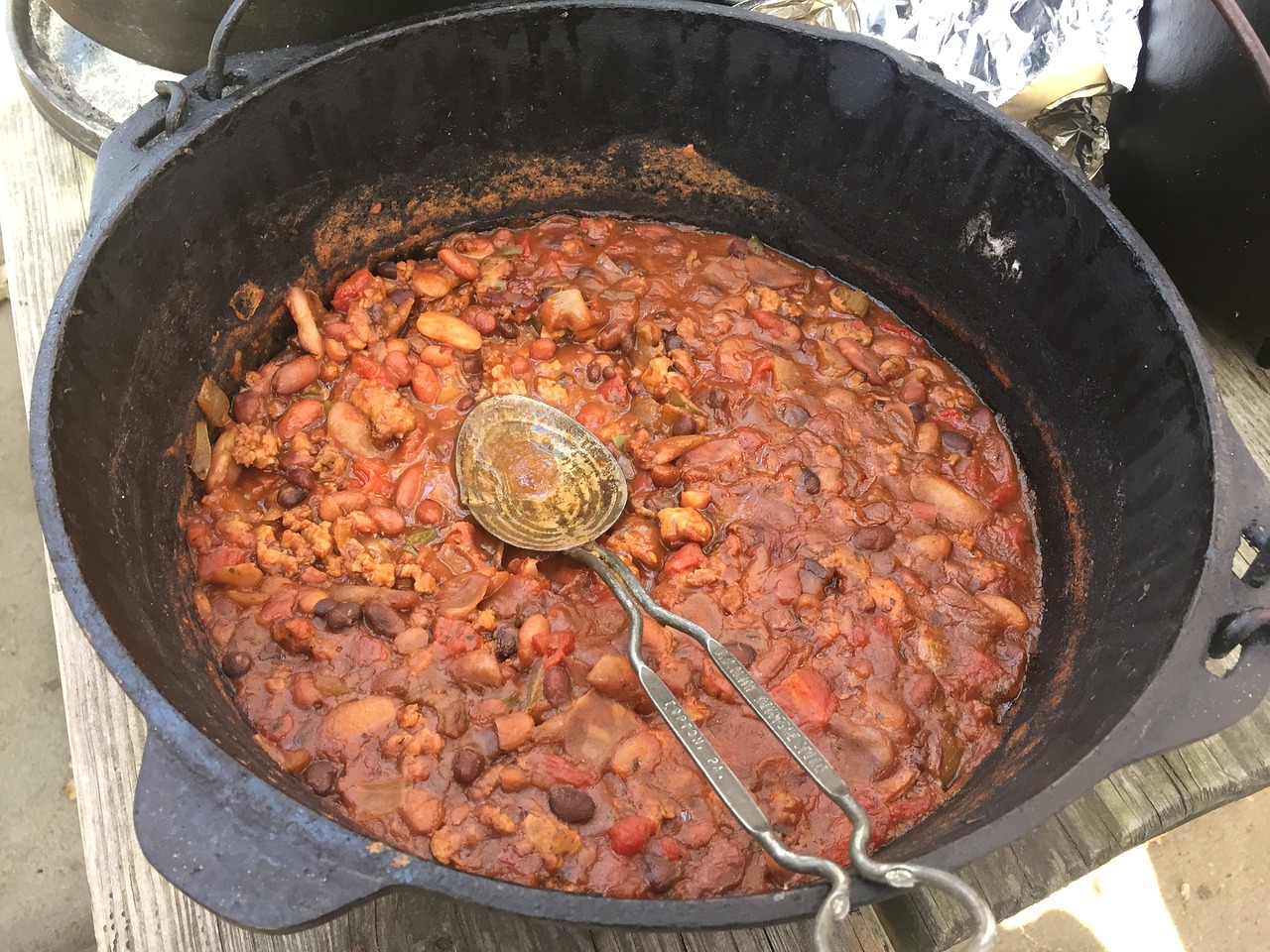Everything You Need to Know About Dutch Ovens
Dutch ovens are one of the best and most versatile kitchen appliances. Designed originally for cooking on fire, today Dutch ovens are usable on anything from a log burner to glass stovetop to induction cooker.
These durable and reliable cookware essentials make delicious casseroles, stews, and soups. They’re refrigerator-safe
for leftovers or glorious potato salads and the non-porous surface is also excellent for marinating.
If you’re considering a Dutch Oven, or you have one but don’t fully understand it, read our checklist of everything you should know about Dutch ovens.
- What is a Dutch oven?
A Dutch oven is a thick-walled cooking pot with a tight-fitting lid that retains heat and moisture. Usually made from cast-iron with an enamel coating, it offers a non-stick surface and allows for excellent heat retention.
Dutch ovens have been around for approximately 300 years and are named after the Dutch method of casting iron in sand. Today, Dutch ovens come in a range of shapes and sizes to complete almost any cooking task you can dream of.
- How can I use my Dutch oven?
Dutch ovens are amazingly versatile pieces of cookware. They’re incredible for braising steak and meats thanks to their ability to reach and maintain high temperatures and are also great for creating stews, marinating, or frying.
Traditionally used over fire, Dutch ovens often come with legs to keep the bottom of the pot above hot coals. You can also use a modern Dutch oven on almost any cooking surface, including glass stovetops and some induction cookers. They’re even useful for baking bread!
- Can I cook at high temperatures with my Dutch Oven?
Generally, Dutch ovens are best for slow-cooking, not high temperatures. Because they retain their heat
for so much longer than other cookware, a cast-iron Dutch oven can create delicious dishes at lower temperatures. Allowing it to get to the right temperature is key when cooking any Dutch oven recipes.
That said, it’s absolutely fine to use high-temperature cooking, for example, for cooking pasta or burning off the alcohol in your sauce.
- Can my Dutch Oven go in the refrigerator?
Yes! Dutch ovens are completely refrigerator-safe, so they make an excellent container for cold foods. In the same way that cast-iron Dutch ovens are awesome at retaining heat, they also do a great job of staying cold.
You can also use Dutch ovens for leftovers. Just be careful to let the pot thoroughly cool before placing it in the refrigerator, as sudden temperature changes can damage the enamel.
- How much do Dutch Ovens cost?
Anyone looking at Dutch ovens will have heard the name Le Creuset and would be forgiven for thinking they must be incredibly expensive! Although these are investment pieces, you’ll definitely use your Dutch oven so frequently that you’ll never regret the expense.
That said, not all Dutch ovens are as expensive as Le Creuset, and places like Uno Casa provide some excellent and affordable pieces you’ll love.
- How do I clean my Dutch Oven?
There are lots of myths revolving around the idea that Dutch ovens are tricky to clean, but this couldn’t be more wrong! Simply clean with soap and water and dry thoroughly before storing it.
It is vital to never soak a cast iron Dutch oven as this can cause rust. Similarly, although many Dutch ovens are dishwasher safe, hand-cleaning is usually best.
- Can I damage my Dutch Oven?
Generally, Dutch ovens are incredibly tough thanks to the thick and resilient materials used in production.
That said, it is possible to damage your Dutch oven by doing things like soaking, drastically changing temperatures, or chipping away with metal appliances.
As long as you avoid the common mistakes, you should end up with a piece of cookware that can last a lifetime.
- Do I really need a Dutch Oven?
If you’re still trying to decide about whether you need a Dutch oven, take it from us… These versatile and resilient pieces of cookware will change your life!
Dutch ovens are amazing for cooking on almost any surface and create some of the most delicious and flavorsome meals we’ve had in a long time.
Simply follow some common-sense guidelines in cleaning and storing your Dutch oven for an investment piece that can last years.
You’ll wonder what you ever did without one!


